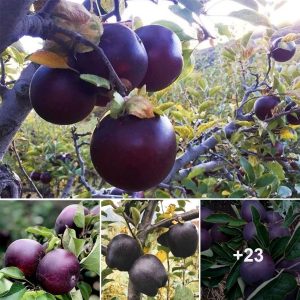In the vast theater of nature, there are trees that seem to defy the conventional stillness associated with their kind. These arboreal performers, with their branches swaying and trunks twisting, resemble dancers in a whimsical ballet. Join me on a journey through the enchanting world of trees that evoke the delightful image of waltzing with the wind.
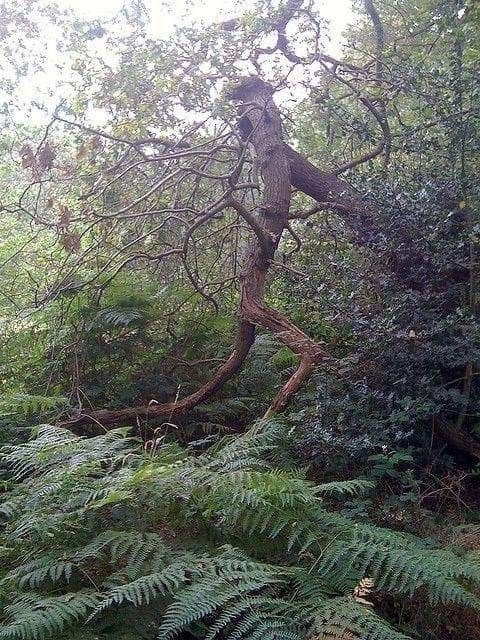
The Swaying Elegance:
Picture a grove where the branches of trees gracefully extend and sway as if caught in a gentle waltz. These arboreal dancers exhibit a unique form of elegance, their movements reminiscent of choreographed steps that mirror the ebb and flow of the breeze. From willows with their long, cascading fronds to the gently swaying limbs of certain palms, these trees transform the landscape into a living ballet.
Twisting and Turning Trunks:
Some trees take their dance to a new level by incorporating twists and turns into their trunks. These botanical performers create an illusion of motion, as if their very cores are engaged in a rhythmic dance. From the sinuous trunks of the corkscrew willow to the twisting forms of certain eucalyptus species, these trees captivate with their dynamic and unconventional shapes.
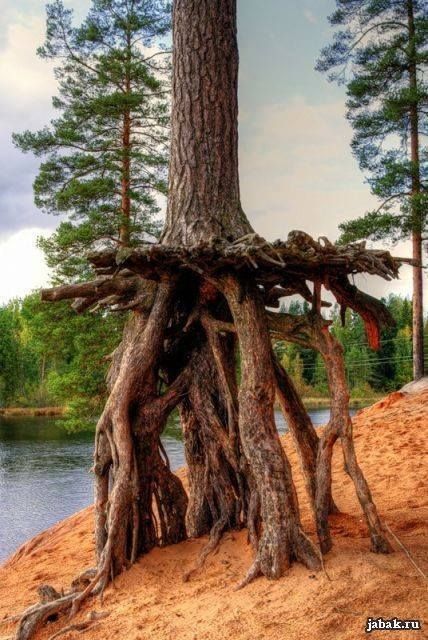
Balletic Blossoms:
The dance of these trees is not limited to their trunks and branches; it extends to their blossoms. Flowers that seem to pirouette on the tips of branches add a touch of floral finesse to the arboreal ballet. Cherry blossoms, for instance, delicately twirl in the breeze, creating a breathtaking spectacle that mirrors the fluidity of a dance performance.
The Wind as the Choreographer:
In this botanical ballet, the wind assumes the role of choreographer, guiding the movements of the tree dancers. The rhythmic rustling of leaves and the gentle creaking of branches become the music of this natural performance. Each tree responds to the wind’s cues, creating an ever-changing, improvisational dance that unfolds with the passing breezes.
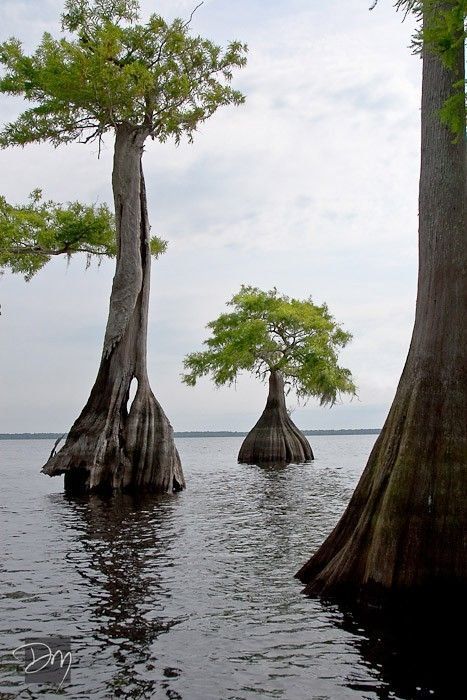
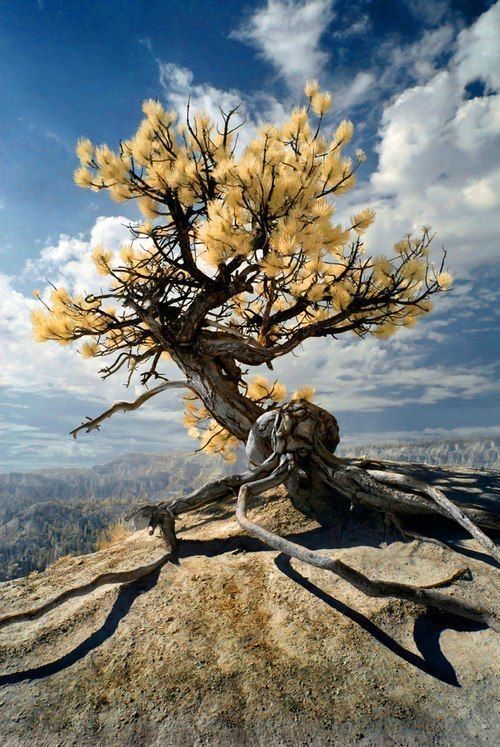
Cultural Symbolism:
Throughout history, trees with dancing forms have found their way into folklore and cultural symbolism. In various traditions, these trees are often associated with vitality, joy, and the interconnectedness of all living things. The image of a dancing tree has become a symbol of harmony with nature and the cyclical rhythms of life.
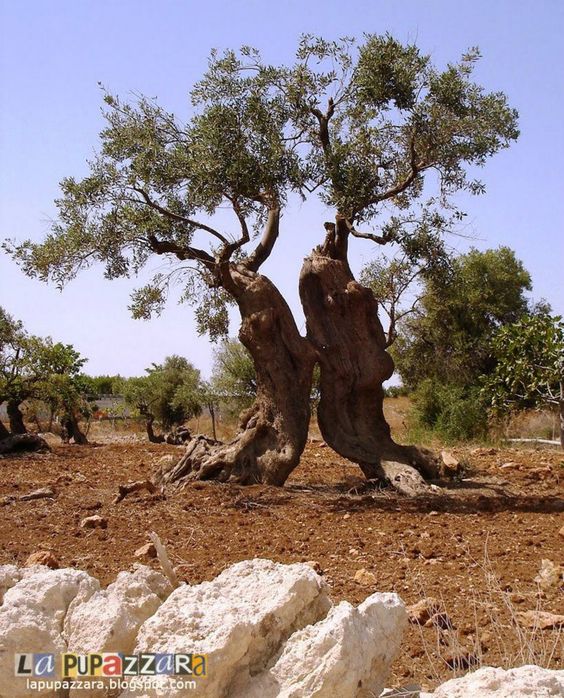
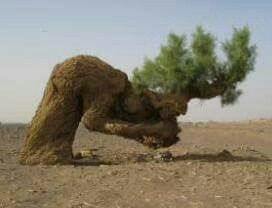
In the realm of nature’s grand theater, trees that dance stand out as whimsical and enchanting performers. Their swaying branches, twisting trunks, and balletic blossoms create a visual symphony that resonates with the rhythm of the natural world. As we observe these arboreal dancers, we are reminded of the beauty, grace, and dynamic energy that can be found in the unique and expressive forms of the trees that waltz with the wind.
